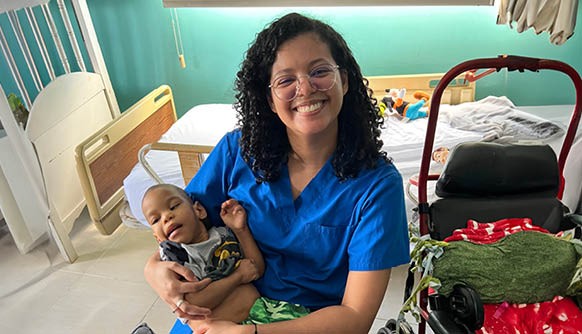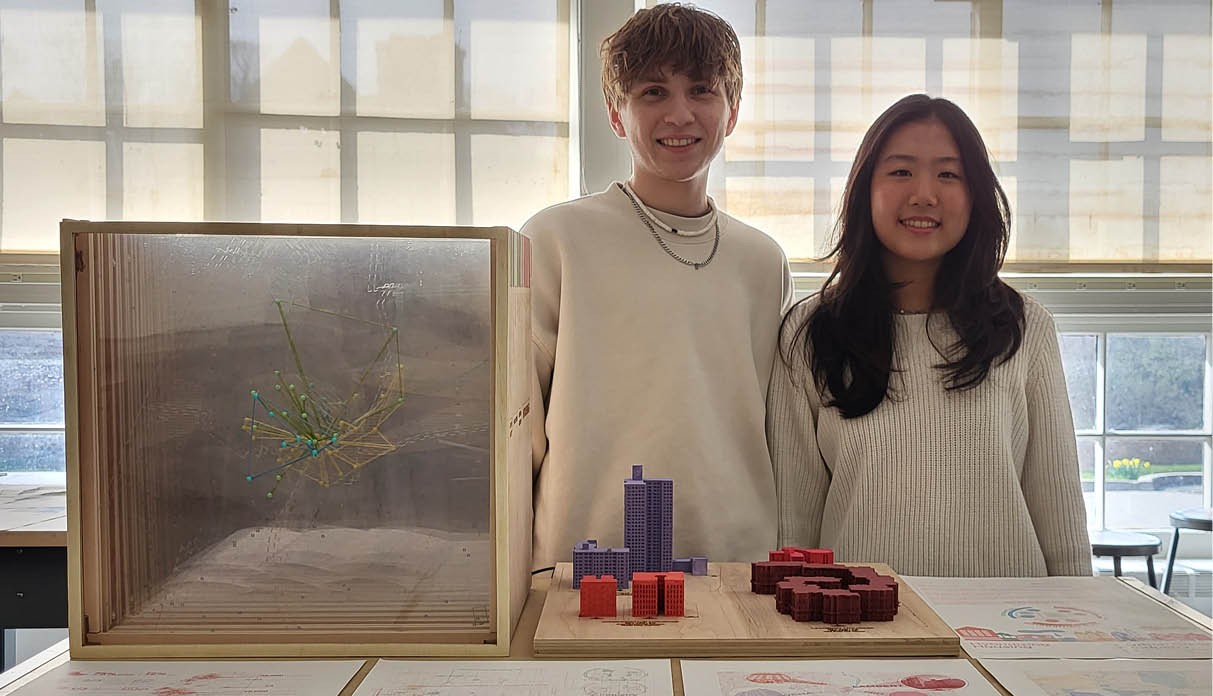News
NYIT and NUPT Hold Teaching and Learning Conference in Nanjing
May 29, 2015
Higher education experts met in Nanjing this week for an international instructional technology conference co-hosted by New York Institute of Technology (NYIT) and Nanjing University of Posts and Telecommunications (NUPT). “MOOCs and Beyond: Teaching and Learning with Technology 2015+” welcomed nearly 200 attendees for a day and a half to discuss recent research and real-life experience with massive open online courses (MOOCs) and other evolving technologies.
MOOCs were first offered less than four years ago and now enroll hundreds of thousands of students worldwide in free online university-level courses. Experts at the conference discussed online data visualization, social media for learning, and an overview of MOOCs in China.
Keynote speakers included Paul Kim, Ph.D., of Stanford University; Sun Maosong, Ph.D., of Tsinghua University; Clay Shirky of New York University; and Li Xiaoming, Ph.D., of Peking University. In addition, several faculty members from NYIT, NUPT, Tsinghua, and Nanjing Normal University shared their work with peers. As conference co-chairs, NYIT President Edward Guiliano, Ph.D., and NUPT President Yang Zhen, Ph.D., addressed the conference, and Liu Chen, Ph.D., NUPT's party secretary, offered his personal greetings.
Speakers shared research about how to teach 21st-century university students using the technologies they often take for granted. Sun and Li are at the forefront of China’s effort to expand access to MOOCs, and both declared their confidence in MOOCs helping students. NYIT President Edward Guiliano, Ph.D., agreed, saying, “MOOCs are inevitable” because of their power to reach so many learners simultaneously.
Kim suggested the traditional education model may be the problem. He highlighted new technologies that empower students to take ownership of their education. Shirky also put MOOCs into a broader perspective of online resources students use to learn, noting that teachers believe students are focused on their classes. In reality, students have many ways of learning, and a classroom—or even a MOOC—is only one of them.
As a global university educating students across borders, NYIT is committed to helping spur productive dialogue on critical topics and to finding solutions through training, education, idea generation, and knowledge creation.



